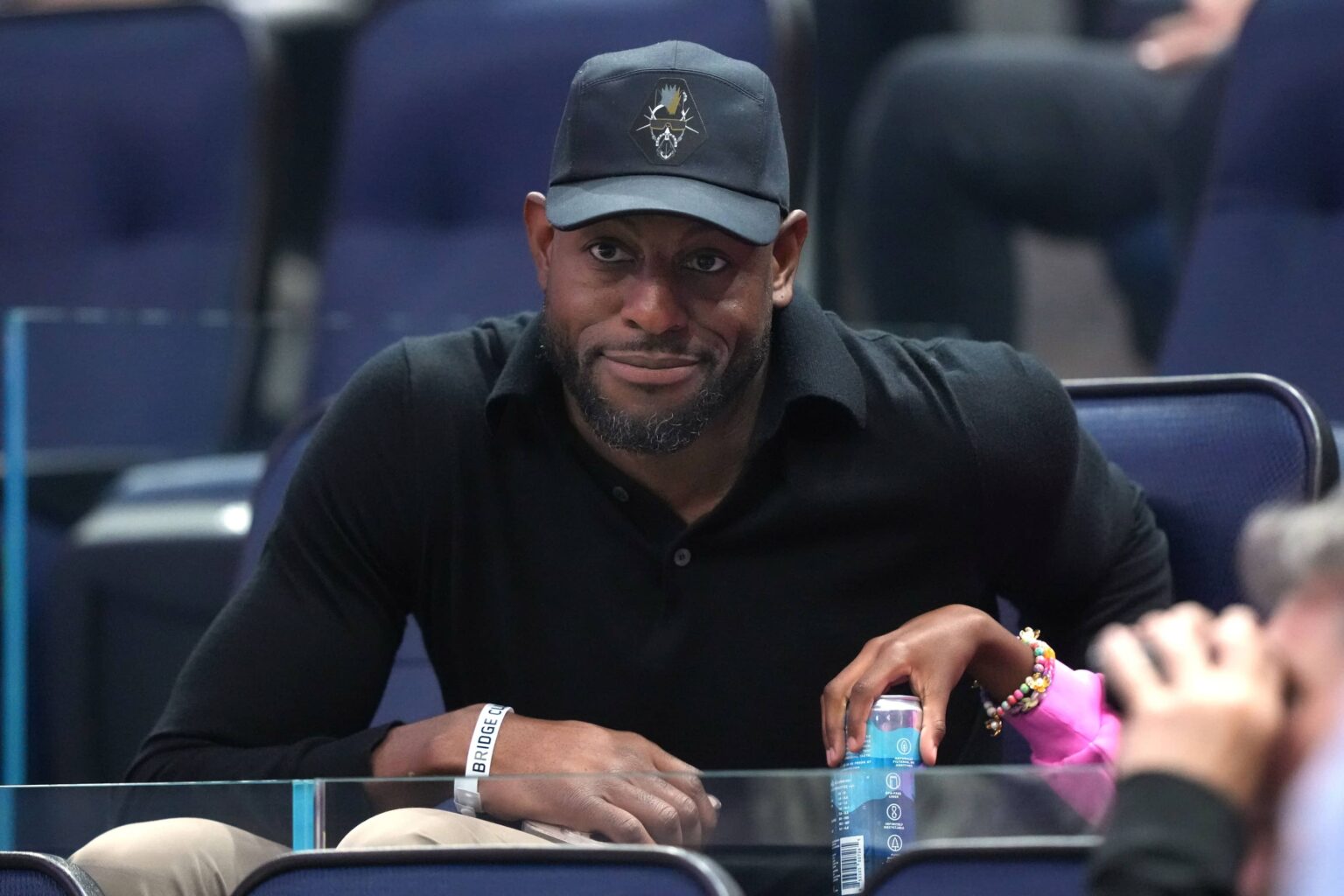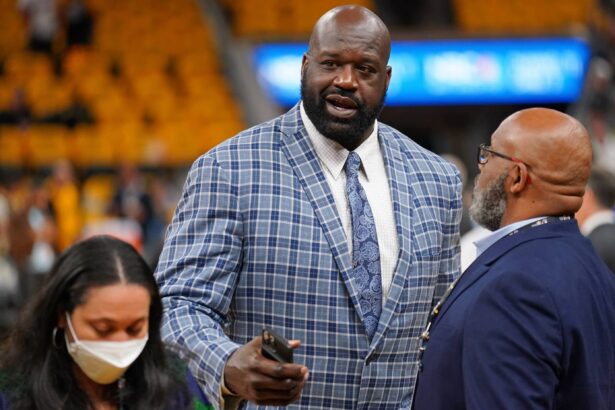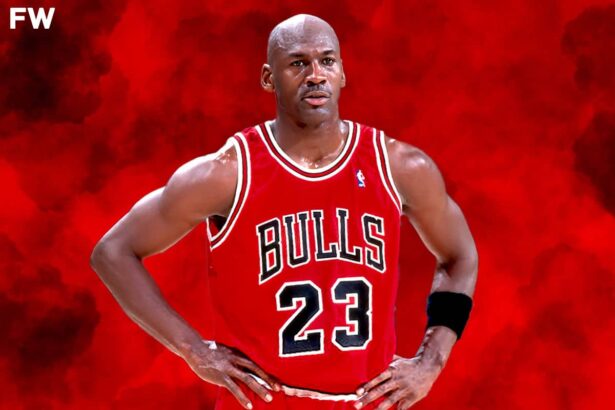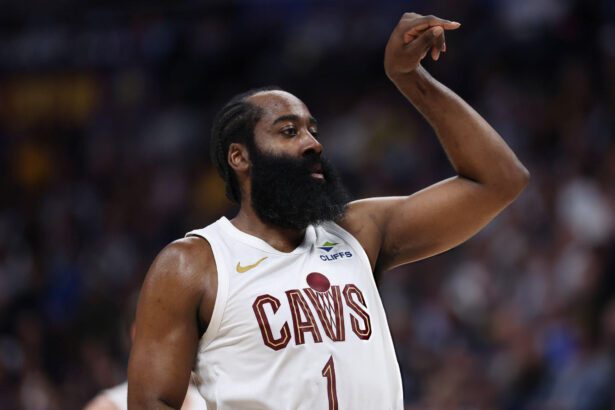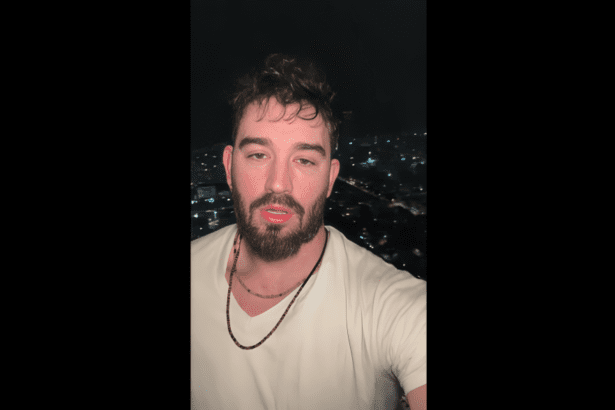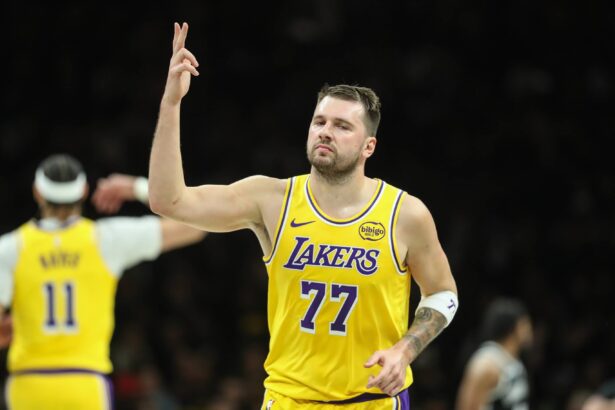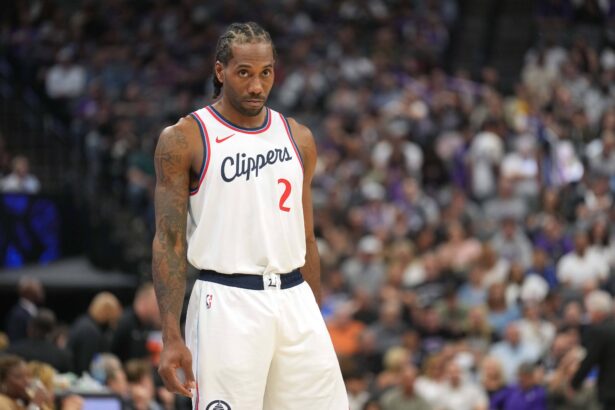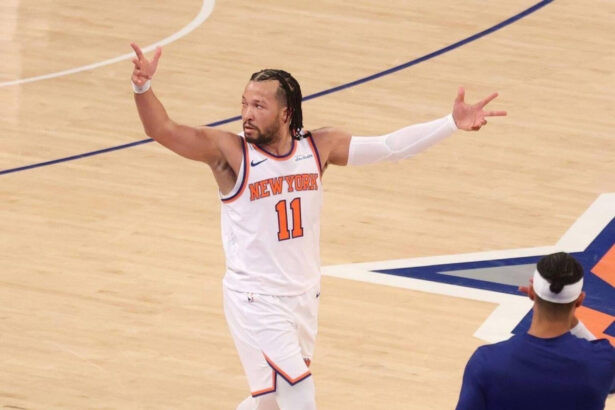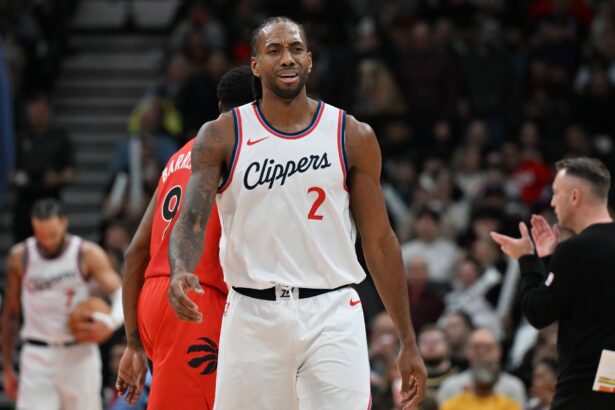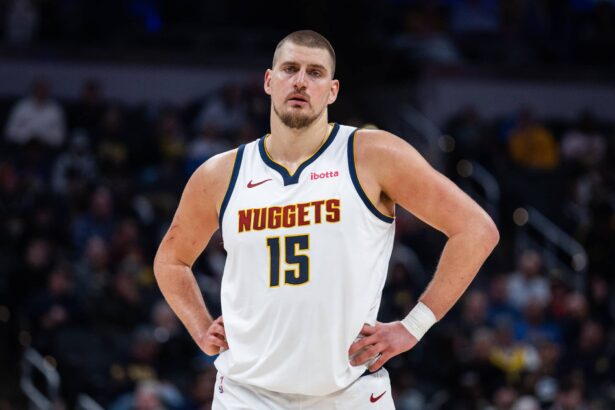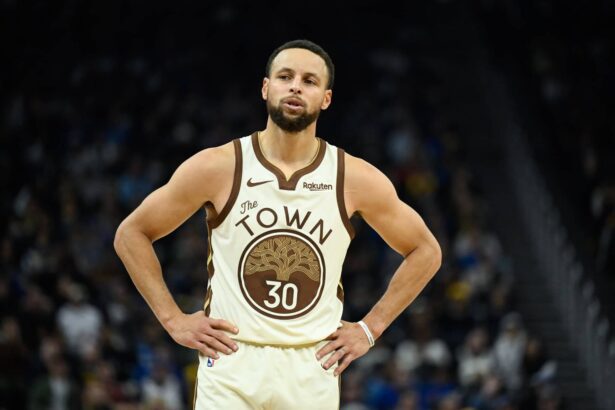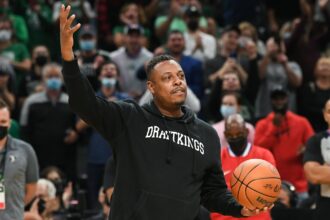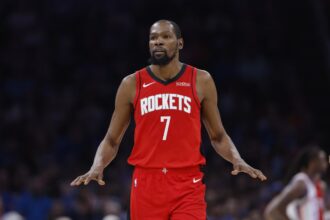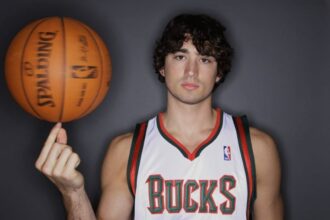Andre Iguodala has always been more than a basketball player. The four-time NBA champion, Finals MVP, and veteran leader has long been known for his wisdom and perspective on the game.
On the Young Man and Three podcast, Iguodala took that wisdom a step further, delivering a blunt but important message for the next generation of hoopers: early success doesn’t always translate into long-term greatness.
“Being an underdog is always a good thing because you got to really work for it. We always talk about the best 14-year-old basketball player in the world most of the time doesn’t make it to the NBA.”
“Like, people don’t understand that part of our world that we talk about all the time. Like, who was the best freshman when we were freshmen in high school in 1999? That’s crazy. That guy didn’t make it to the NBA.”
“You know, because he was weak. Now we know those guys are more mature. They grow faster. And then they just peak out earlier. Where, you know, like, my son’s 6’8″, 175. And I just know, like, all right, once you gain 30 pounds, fast twitch comes in. You get off your mom’s boob because, you know, you’re not spoiled anymore.”
“You’re going to take off, right? So, but then he’s, like, trying to prove himself. And so he’s working harder because he’s like, I got to get there. But then once you get there, you realize, like, everybody’s really good. Like, everybody sits up here.”
“But what separates this guy and what separates the 150th ranked NBA player from, like, the number 10 guy? It’s really, like, that’s where the attention to the detail comes into play.”
“And then, like, guys like Kobe. You know, I was talking to Shaedon earlier about, like, his footwork. Being able to pivot on both feet. A guy like Kyrie. Like, spend a whole summer just shooting with your left hand. Or, like, having a basketball everywhere you go.”
“Like, I always had a basketball in the car. No matter what. Like, I might just grab a ball and just dribble down a street. Like, bringing that youth back. You got to have a love for it. But it’s in there — the small details that separate the good from the great.”
Iguodala pointed out something often overlooked in youth basketball culture: early dominance doesn’t guarantee professional stardom. Many young players who peak in middle school or early high school simply mature faster than their peers, making them look unstoppable at 14 or 15. But when the rest of their age group catches up physically, their advantage disappears.
Instead, Iguodala stressed that long-term development, discipline, and work ethic are the true separators. He even referenced his own son’s growth trajectory to illustrate the idea.
That, Iguodala says, is the reality of the NBA. Once a player makes it to the league, the baseline talent level is extraordinary. The gap between the 150th-ranked NBA player and a top-10 superstar doesn’t come down to athleticism alone, it’s the small details.
He revealed that during his career, he always carried a basketball, no matter the situation. Iguodala’s message is clear: being the best at 14 isn’t the goal. Building habits, finding joy in the game, and obsessing over the details are what sustain a career. For young athletes chasing the NBA dream, it’s not about where you start, it’s about how much you’re willing to grow.

